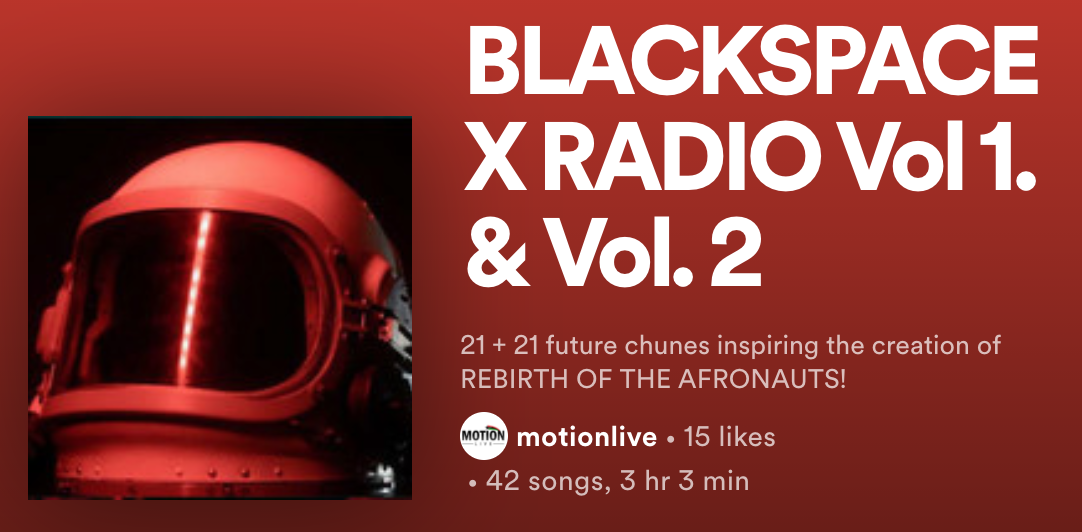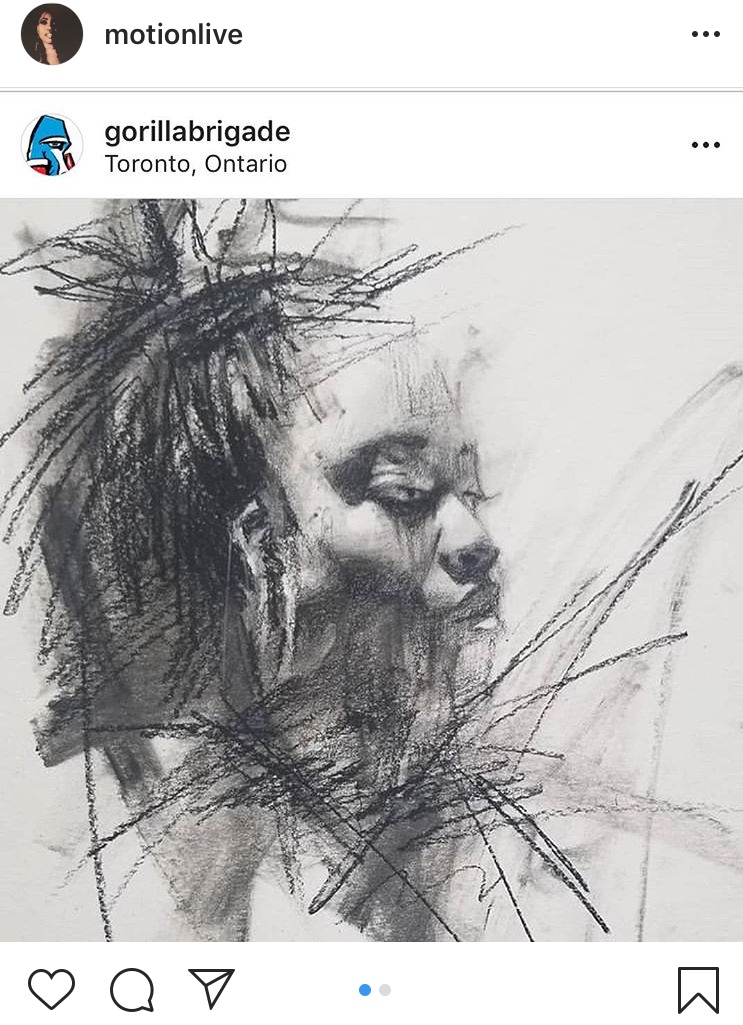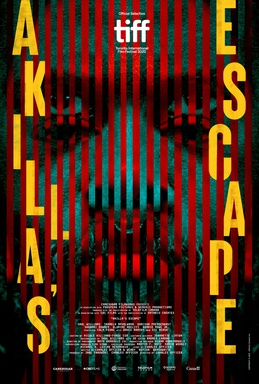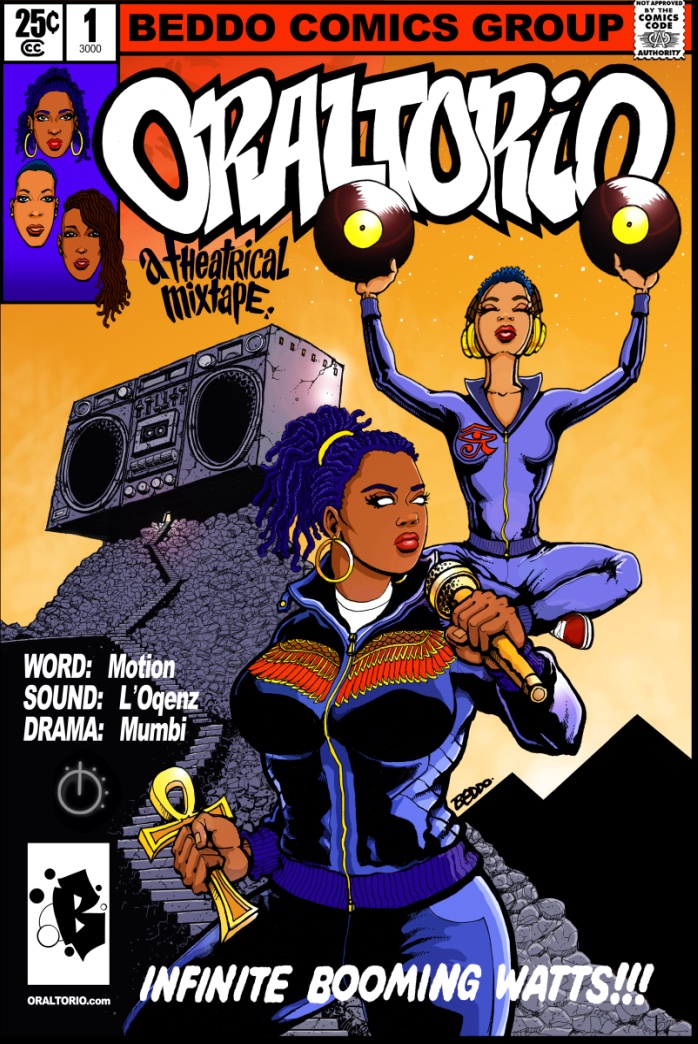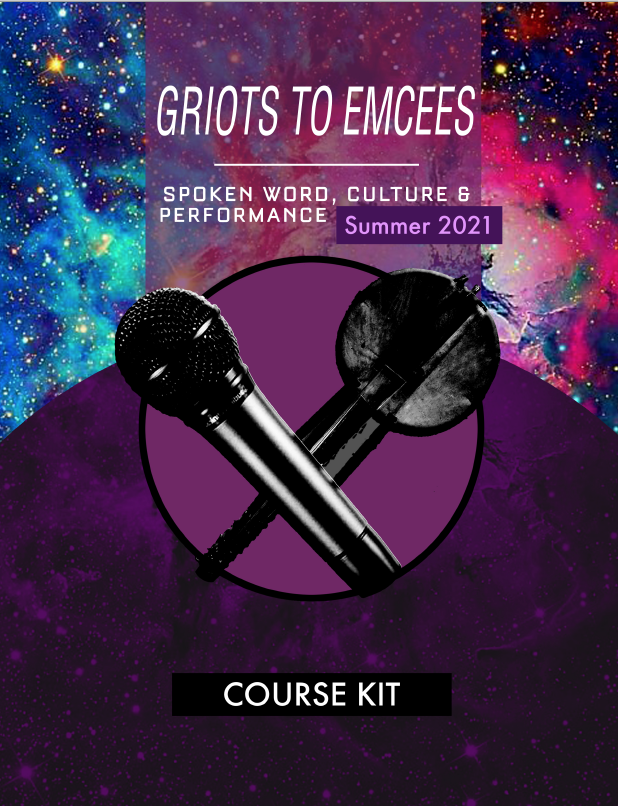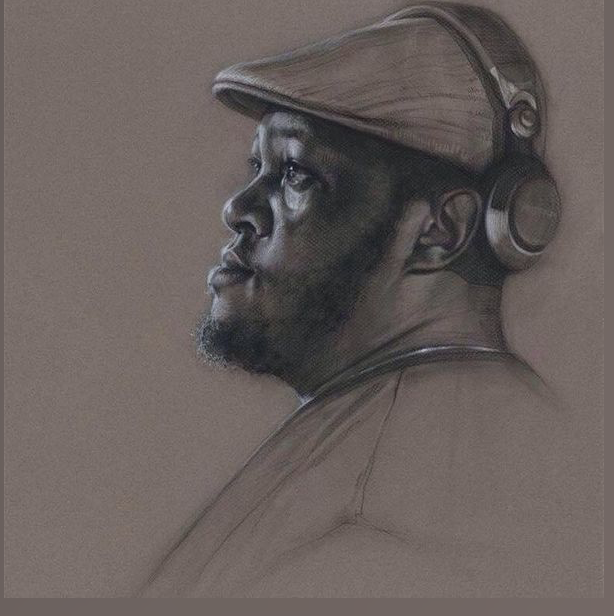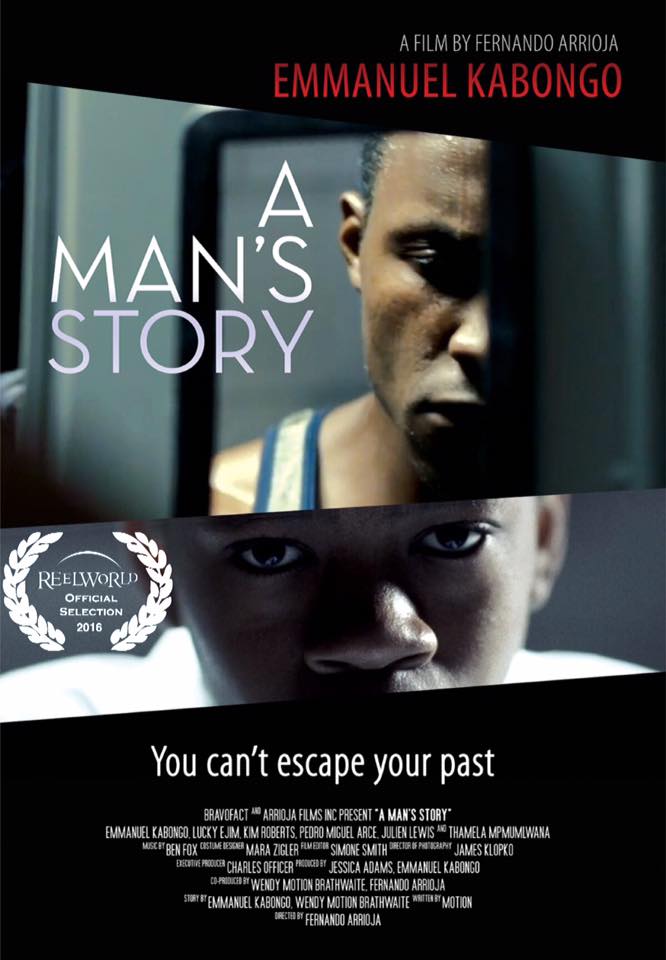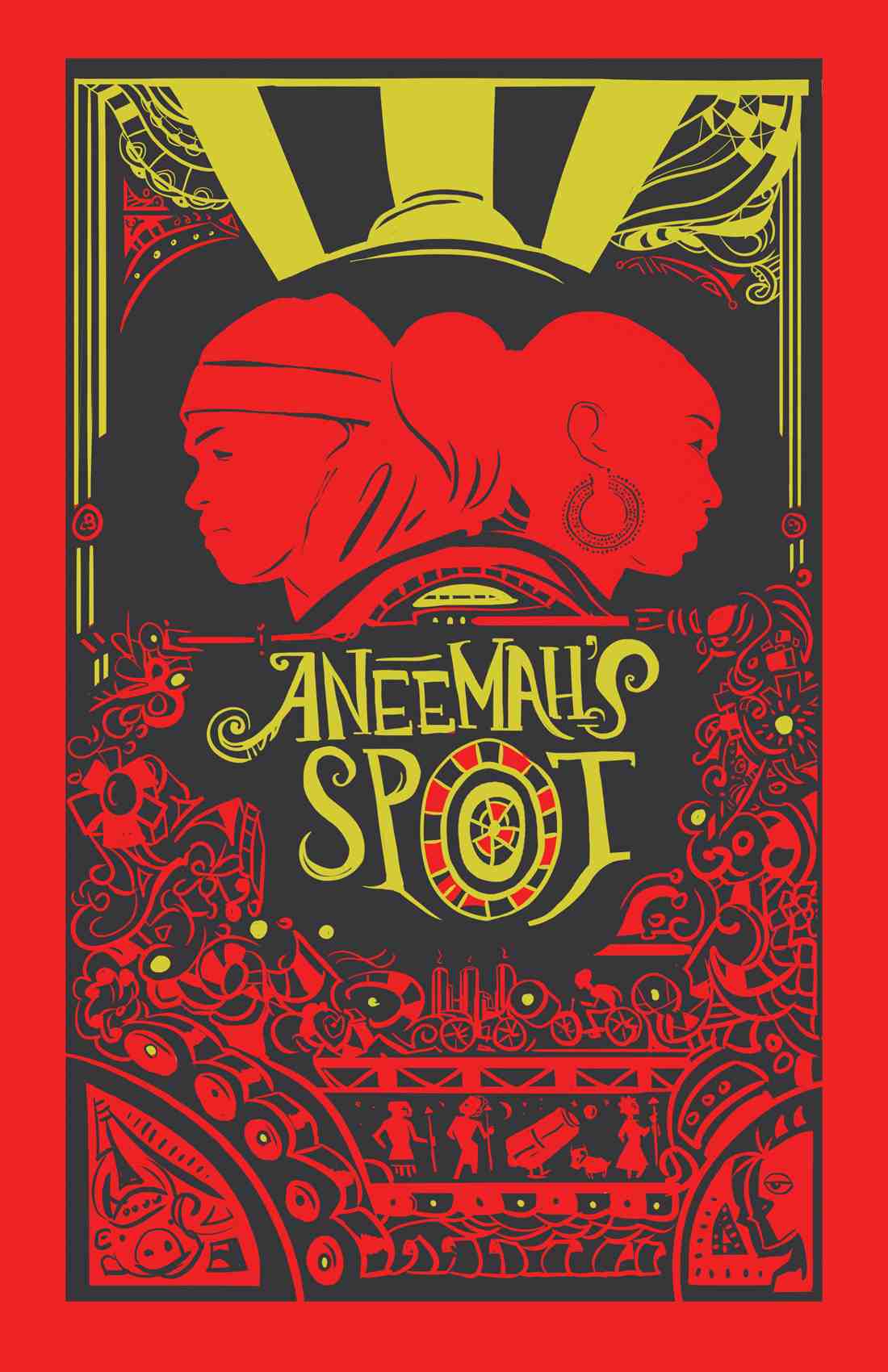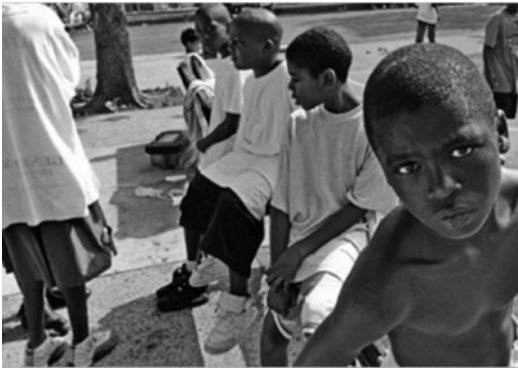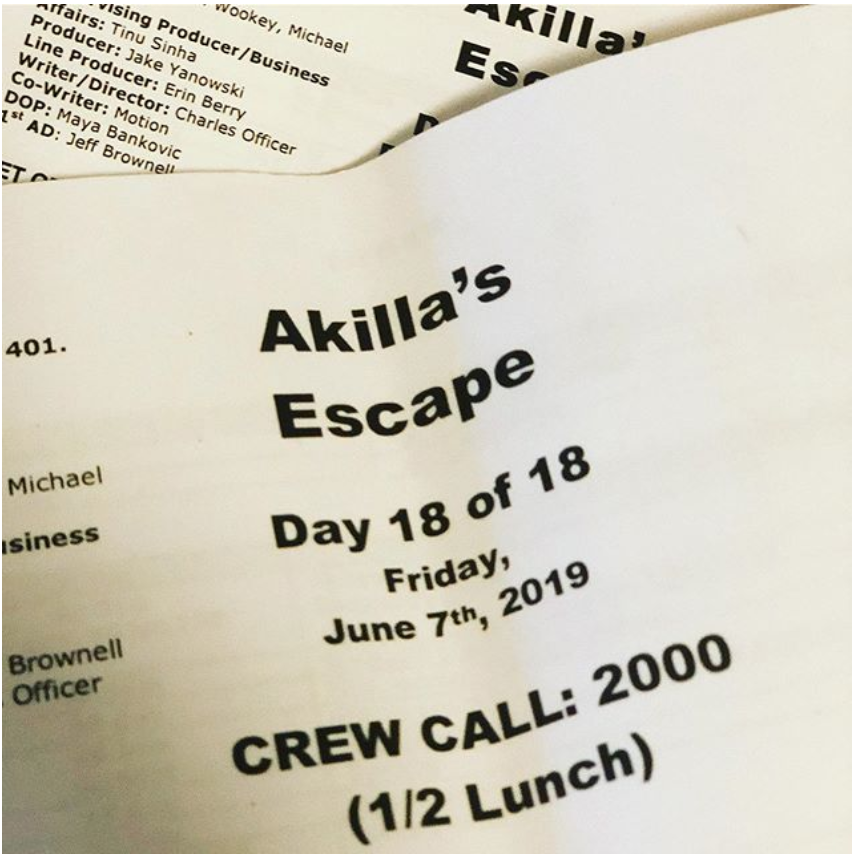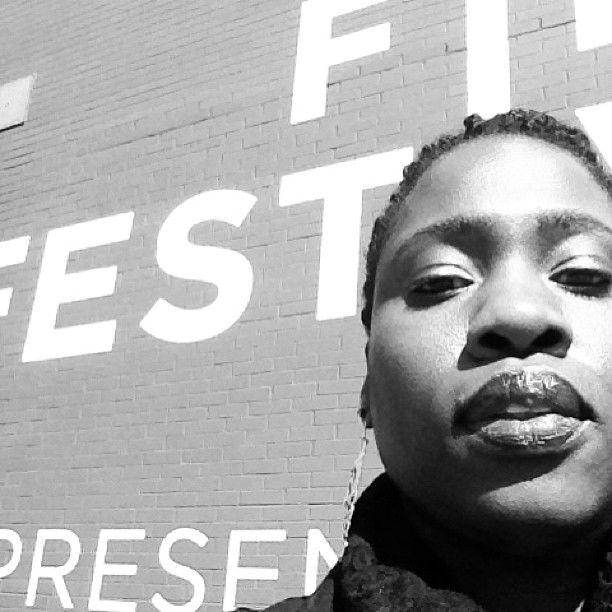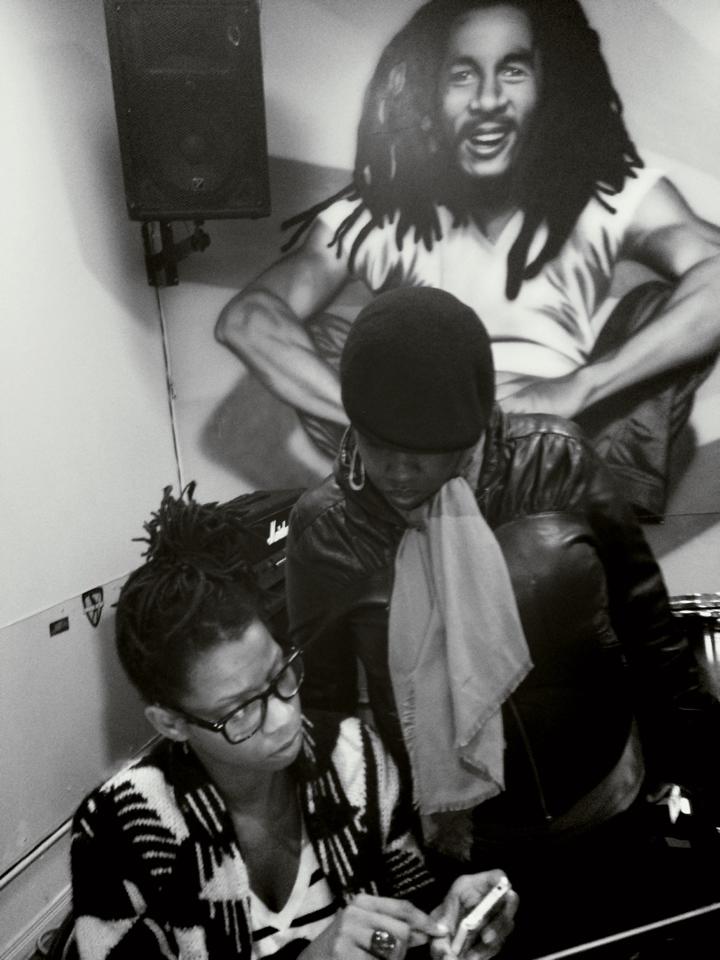Artist Draws On Caribbean Roots
By Joanne C Hillhouse – Thursday, November 19th, 2009.
A self-described daughter of the Diaspora, Motion’s writing has a creole personality. That is, it is its own thing but informed by the mixture that helped create it; kind of like a pepperpot – and like the pepperpot, very satisfying. Her first collection Motion in Poetry and the accompanying Audio Xperience remain my favourite of her published works, but the leaner 40 Dayz has its merits. It’s like a hit to the funny bone, there’s nothing funny about it, but it lingers.
In fact, the very title 40 Dayz immediately suggests trial and temptation, recalling as it does a particular biblical 40 days and 40 nights of testing. My favourite section is WombStory and my favourite poem, I think – this changes – blues. Like the blues themselves, it sings of one thing while seeming to sing of another and does so in a tone at once mournful and yearning. My favourite line: “I was wood in wanting/lips opened/but no sound would come/unless you played me.”
There has always been in Motion’s writing an ownership of words – and a willingness to bend them to her will, a fearlessness when it comes to digging around in uncomfortable emotional spaces, and an acknowledgment of the power of her voice. That is even more so here.
Aesthetically, meanwhile, underneath her northern urban sensibility, there’s that blend of her Caribbean – ie Barbadian and Antiguan – roots. “Hearing Short Shirt on the record player in Toronto, spending summers with my grandparents in Bolans, playing steel pan at Caribana, playing Mas’ at Carnival, these are part of the experiences that live within me,” Motion acknowledges.
In 40 Dayz, the images flicker in and out, sharp and precise but almost too quick to grasp; in my case a few readings were required for it all to begin to sink in. In the end, I found a collection that startles and questions – no, demands – as it pushes and prods at things.
In the New Orleans inspired, and the rains came, Motion writes,
“what happens when rivers retreat/and remains rain downstream/the smell of defeat”.
In hedlines, a poem that appealed to the CNN junkie and fellow traveller wandering at the state of things in me, she writes “a poet is detained/a woman births the baby of a/soldier who crouched in the bush/on the stroke of now/small arms heave rocks … machines begin their ruthless grind/nite is quiet/I can’t sleep.”
In wombstory, she laments, “ghosts live in my womb” and she records their passing; “limbs reach for feeling/clench fists when hoses/seek them/mouth opened in no/and there soft/malleable bodies go.”
And in why, of desperate acts, she asks, “did you get tired of getting by?”
In this collection, there is the burn of racism and the pain of letting go; an arduous labour through personal and societal torment. But it ends on a hopeful note, not in the way of fairy tales but in a way that those who struggle and come out on the other side know only too well. This section, epiphany has only two poems. To quote one question/answer/period in full “will there ever be another revolution/will there be another revolution/will there be a revolution/will there be revolution/will be revolution/will revolution/be revolution.” It is a good example of how simultaneously spare and sharp the words are in this collection, and of the way this writer twists every last bit of meaning from the coming together of consonant, vowel, and sound.
It’s a craft Motion has perfected since her days recording made up songs into a tape recorder and writing in the red diary given to her seven-year-old self by her mom with the charge to write in it every day. Since then, she’s blossomed as award nominated hip hop artist, radio personality, and acclaimed Toronto-based poet – her Connect the T.Dots garnering her top billing, in 2002, at the CBC National Poetry Face-Off.
I heard Motion perform before I ever read her on the page, and always thought the impact of that accounts for the fact that her voice infuses every line. But now, I’m prompted to think it has to do with how the lines come to be, in her own words “flowing lyrics, off the top of the head into a mic, free-writing onto a page, and seizing those moments of inspiration that start with an image or line, and leads to a poem.” They are meant to be heard, I think, and so jump up and announce themselves rather than lying on the page.
Motion, who first performed here a year ago at the Antigua & Barbuda International Literary Festival, hopes to continue introducing herself to the place where her family’s navel string is buried. “My vision is to collaborate with Antiguan writers and musicians,” she said. “I would love to do more readings and performances in Antigua. I definitely would visit schools, present creative writing workshops for youth and emerging writers.” Meanwhile, wordsmiths and lovers of the word alike can pick up 40 Dayz and Motion in Poetry at Best of Books or online.


